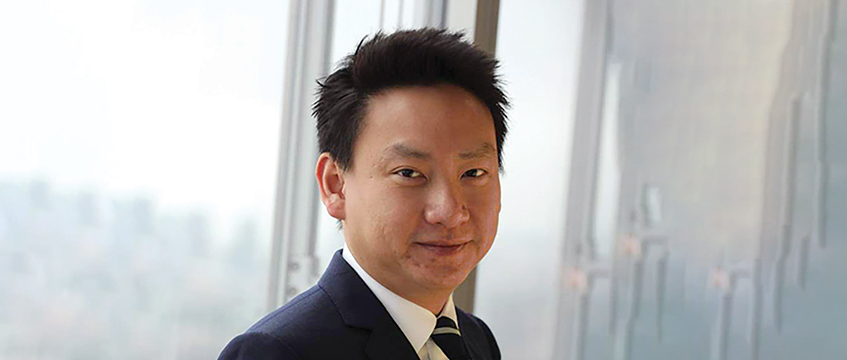Why real estate should embrace civic partnerships
News
by
Heng Leong Cheong
COMMENT With new additions to the ever-growing list of former housing ministers, along with a new set of policies and directives, the merry-go-round that is UK property policy continues to spin.
How can we continue to drive forward and deliver the volume and quality of homes needed across the UK amid this unstable backdrop? At EcoWorld London, the one thing we always come back to – irrespective of government or policy – is the strength of our relationships, many of which we’ve been cultivating for decades.
A question we often think about is: what do successful relationships and regeneration have in common? In our opinion, quite a lot. Both involve pooling resources, accepting compromise, a long-term commitment to one another and shared values and goals.
COMMENT With new additions to the ever-growing list of former housing ministers, along with a new set of policies and directives, the merry-go-round that is UK property policy continues to spin.
How can we continue to drive forward and deliver the volume and quality of homes needed across the UK amid this unstable backdrop? At EcoWorld London, the one thing we always come back to – irrespective of government or policy – is the strength of our relationships, many of which we’ve been cultivating for decades.
A question we often think about is: what do successful relationships and regeneration have in common? In our opinion, quite a lot. Both involve pooling resources, accepting compromise, a long-term commitment to one another and shared values and goals.
Long-term commitment
Even before the recent hike in inflation, Local Government Association research showed that councils didn’t expect their finances to return to pre-Covid levels until 2024. That’s why it is more important than ever that the public and private sectors work in partnership. In difficult times, we need strong partners that support us through those challenges – true in both our personal and public lives.
Private housing providers have the capital to support councils through these choppy times. But the true meaning of “partnership” has become somewhat lost. Increasingly, our industry thinks of partnerships as purely transactional. While finance is important to deliver tangible, long-lasting positive change for communities, councils need partnerships that go beyond the commercial. At EcoWorld London, we have come to think of this as a civic partnership.
A civic partnership involves committing for the long-term. It means making decisions together, pooling resources and working towards shared goals to make sure everybody wins. In times like these, that continuity is invaluable.
Your shared goals cannot be solely financial. They should be based upon a vision of what a good future looks like. That’s why we as developers must work closely with councils and communities.
Because shared values are so vital, at EcoWorld London we select every single one of our partners – whether contractors or employees – to ensure they are working towards that same vision. For us, working in civic partnership means each person in our team is working with, and for, every person in that community.
From the procurement and design teams to construction, marketing and customer services – each of these relationships is a partnership that needs nurturing and committing to long-term.
Unfortunately, many development partnerships end when the construction does. However, at EcoWorld London, we retain a long-term interest in our communities via our sister company Apo, which manages our build-to-rent schemes. This means we remain fully committed to our civic partnerships for the long-term, rather than shipping off immediately to the next project.
For our open market sale schemes, we work in partnership with our managing agents and residents to ensure the positive legacy of the places we create.
Steady the ship
Being a civic partner means building in collaboration from the outset and holding it as the foundation for everything we do. This can take many forms. Be it early consultation processes, providing jobs for local people during the build, or creating impactful and community-led meanwhile uses, the aim is always to engage with and understand what people want.
For example, at Aberfeldy Village (pictured), the 20-year regeneration we are undertaking in partnership with Poplar HARCA in east London, we worked with the local community to transform the unloved local high street with murals inspired by traditional Bengali kantha craft and fabrics donated by residents as a meanwhile use while the new high street is being created.
In Hounslow, we listened to the local council – whose borough was one of the hardest hit by the Covid employment crisis – and created a pre-employment training scheme. This equipped more than 80 unemployed Hounslow residents with the skills to work on a construction site. More than 480 qualifications have been delivered, and over 60% of graduates are now in employment.
Ultimately, working as a civic partner means putting people at the heart of what we do. As the country takes steps towards steadying the ship, coming together and embracing civic partnerships will be key. Not only will taking a human-centric approach make the UK’s economic recovery more successful, it will also serve to future-proof London. Like any partnership, one of the signs of success is knowing you’ve created the conditions for the next generation to thrive.
Heng Leong Cheong is chief executive at EcoWorld London











